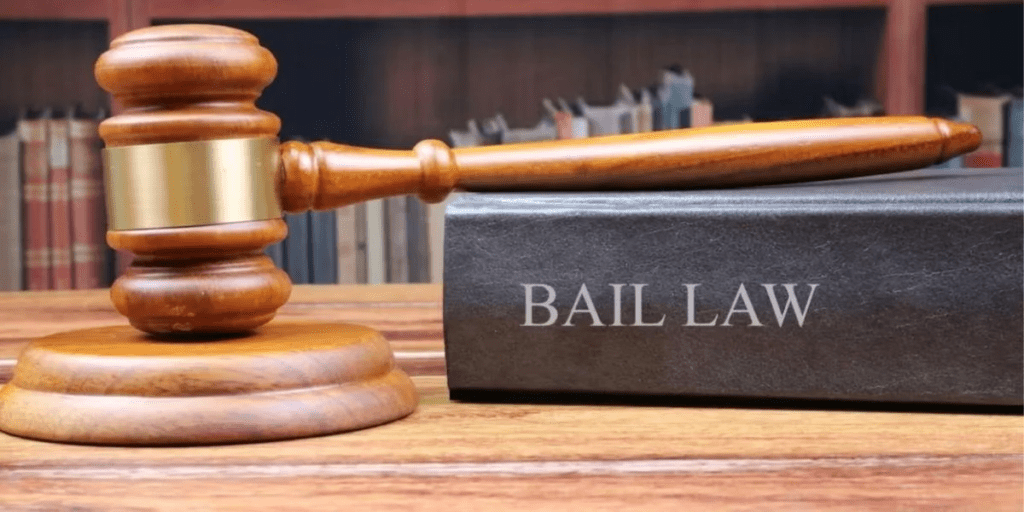When someone is arrested, the journey through the criminal justice system begins with the booking process. Understanding what happens during this time and the subsequent bail process can help demystify a complex system. In this blog post, we’ll take a closer look at the behind-the-scenes aspects of booking and bail, shedding light on what individuals and their families may experience.
Booking Process
The booking process is the initial phase when an individual is taken into police custody. It involves recording personal information, taking fingerprints and mugshots, and conducting a search of personal belongings. The arrested person is then placed in a holding cell until further action is taken.
Initial Court Appearance
Following the booking process, the arrested individual is scheduled for an initial court appearance, known as an arraignment. During this hearing, the charges are formally presented, and the judge determines the bail amount based on the severity of the alleged offense, the individual’s criminal history, and flight risk.


Setting Bail
Following the booking process, the arrested individual is scheduled for an initial court appearance, known as an arraignment. During this hearing, the charges are formally presented, and the judge determines the bail amount based on the severity of the alleged offense, the individual’s criminal history, and flight risk.
Bail Bonds
If the bail amount is beyond the financial means of the accused or their family, they may turn to a bail bond agency for assistance. A bail bond is a financial arrangement between the agency, the court, and the accused. The agency pays the full bail amount, and the accused or their family pays a non-refundable fee (typically a percentage of the bail amount).
Release from Custody
Once bail is posted or a bail bond is secured, the accused is released from custody. It’s essential to comply with any conditions set by the court, such as attending all court hearings, avoiding certain individuals or locations, and adhering to travel restrictions.
Legal Process Continues
While release on bail provides temporary freedom, the legal process continues. The accused must attend all scheduled court appearances, and the case may progress through investigations, negotiations, or trial proceedings.


Conclusion:
The booking and bail process is a crucial and often stressful part of the legal journey. Understanding the steps involved can help individuals and their families navigate this challenging time with more clarity. In situations where bail is needed, seeking assistance from a reputable bail bond agency, such as Rosas Bail Bonds, can provide the support and guidance necessary to expedite the release process. Remember, knowledge is power, and being informed about the booking and bail process can make a significant difference during a difficult time.

